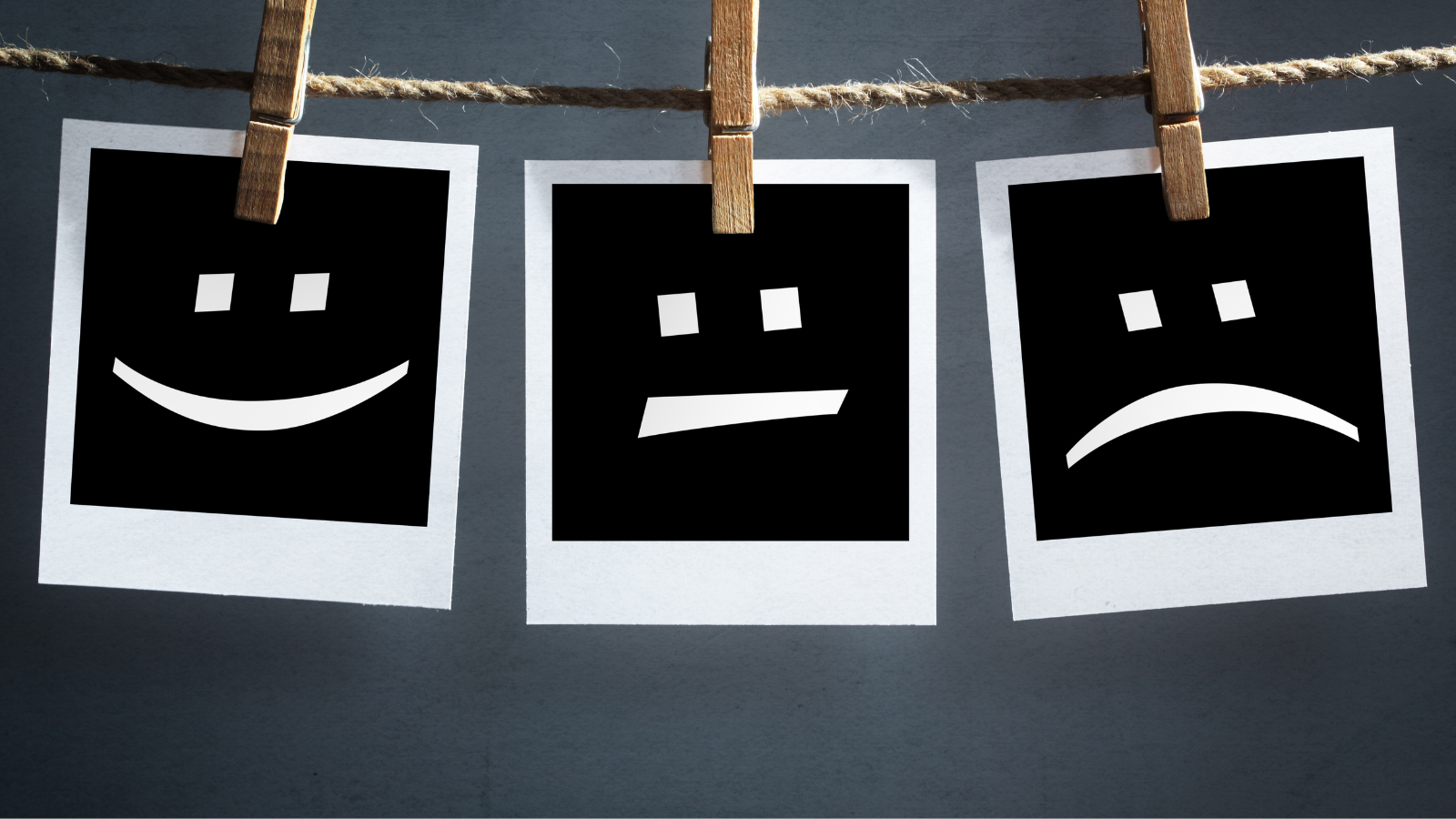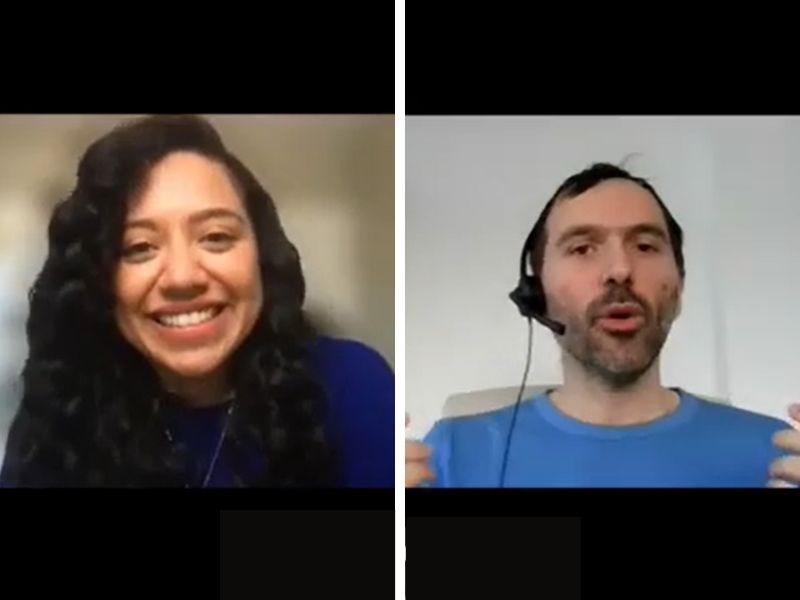Resources
The One About “How Are You?”
Mental Health & Wellness Lead, Doreen Khamo, prompts us to dig deeper when checking in with friends and family.

We start most of our conversations with “Hi! How are you?” It is so common that sometimes we don’t even realize we are asking a question.
To clarify, the intention behind asking “how are you?” is great because it is an attempt to connect and/or express genuine kindness and interest into someone’s life. However, what happens in many instances is that instead of disclosing how we really feel, our responses to “how are you?” tend to be filtered with replies such as: “I’m doing okay, thanks… how are you?” or “I’m good.” This can happen for various reasons:
-
We believe that the “I’m good, thanks” response is what the person asking would prefer to hear
-
We don’t feel emotionally safe to disclose how we are really feeling
-
We didn’t grow up in environments where talking about ourselves or how we felt was a common practice
-
We believe we might burden others or create discomfort for the listener if we disclose how we are really doing
-
The interaction may have happened in passing (e.g. walking by each other in the hallway) and therefore meant to be more of a greeting rather than a conversation
-
We have past experiences of when our feelings were discounted or minimized and no longer want to take a risk
-
We just don’t want to talk about it (and that is okay!)
-
Responding with “fine/good” is the safest option for us (and that is valid!)
-
…and maybe we really are “…doing okay/good” and that is all we want to share (and that is enough!)
What seems to create even more challenges when trying to respond to “how are you?” is when a life-changing event (i.e. pandemic) has created a multitude of conflicted and confusing feelings, experiences, thoughts, information, emotions, memories, coping skills, exposure and so on (side note: these are normal reactions to life-changing events/experiences).
In addition to this, if we are also experiencing flooded emotions and experiences ourselves, we may not be mentally or emotionally ready to hold space for someone who wants to respond to our “how are you?” I think it is important to keep our own needs and limitations in mind as well.
However, if you are interested in connecting in other ways than “how are you?” and have the capacity to receive responses, the following are a few “how are you?” substitutes you can try: (tip: asking about individual experiences can create more connection)
-
“You have been on mind. How did ___________ go?” (maybe they had mentioned an upcoming event the last time you connected and now you can ask about it)
-
“Would love to hear what you have been up to?
-
“I was thinking about you the other day and remembered ____________________.” (maybe there was a previous conversation you had and now you are following-up)
-
“What have you done for yourself today (or in the last week)?”
-
“Last time we connected I remember you mentioning ________________. Would love to hear more about that.”
-
“What have you been interested in lately?”
-
“What did you appreciate this week?” OR “When did you feel most appreciated today/this past week?”
-
“What are you looking forward to [this summer, fall, week, weekend etc.]?”
-
“Does anyone have something they would like to share?”
-
“What are some things that have been on your mind(s) lately?”
-
“What made you smile today/this week?”
-
“What is something interesting that happened since the last time we spoke/connected?”
-
“What surprised you this month?”
-
“Hello there! SO great to see you!”
-
Following up “How are you?” with “How are you really feeling/doing?” (tip: please be mindful of your own emotional capacity when asking this question to ensure you can hold space for someone who chooses to disclose)
If you would prefer to continue asking “How are you?” – please do! Remember, connecting in any way you can is encouraged!
And most importantly, let’s be mindful by remembering not everyone feels safe or comfortable responding regardless of the question asked!
We each have our own comfort levels and that’s okay!


